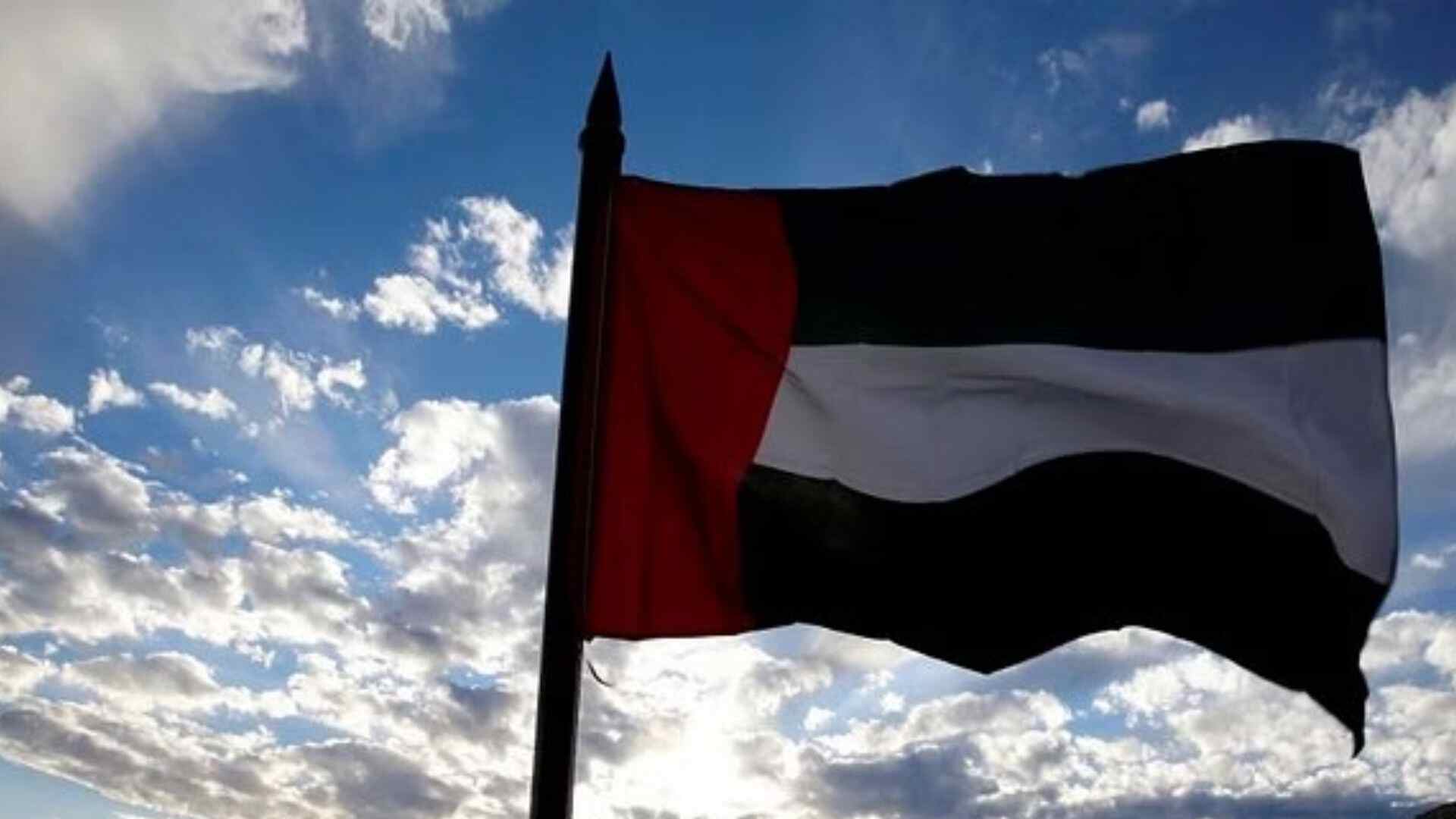The Ministry of Health and Prevention (MoHAP) has announced that the National Programme for Donation and Transplantation of Human Organs and Tissues (Hayat) has achieved a significant milestone, completing 1,000 post-mortem organ donations since its launch in 2017. This accomplishment highlights the collaborative efforts of federal and local bodies, as well as partnerships with the health and academic sectors, underscoring the UAE’s leadership in organ transplantation. This progress aligns with the UAE’s aspirations and the “We the UAE 2031” vision, which seeks to elevate the country’s global standing. Celebrated on World Organ Donor Day, August 13, this achievement reflects the UAE’s commitment to regional and global excellence, supported by continuous government initiatives to promote organ donation, skilled medical professionals, advanced health facilities, and international collaborations with top global institutions.
The Hayat Program adheres to the highest international standards and is a central component of the UAE’s strategy to boost the global competitiveness of its health sector. Recently, the UAE hosted 11 visits from around 20 international experts who assessed the country’s organ transplantation facilities. These visits were crucial for knowledge transfer, capacity building, and verifying the UAE’s healthcare system’s readiness and specialised skills. This international recognition further enhances the Hayat Program’s impressive record, having been recognised as the fastest-growing program worldwide over the past five years due to its performance improvements and high donor rates per million people.
According to the Congress of the International Society for Organ Donation and Procurement (ISODP), the UAE has seen an impressive 417% growth in organ donation and transplantation over the past five years. This success highlights substantial advancements in fostering a culture of organ donation among both citizens and residents, strengthening sustainability values, and supporting the goals of the Wellbeing Index.
The program, which exemplifies community solidarity and tolerance, has given patients awaiting organ transplants renewed hope by utilising the UAE’s efficient health system and advanced human and technological resources. In May 2024, the World Health Organisation’s General Assembly adopted recommendations for member states to develop sustainable organ and tissue donation and transplantation programs. The UAE has integrated many of these recommendations into its new federal law, demonstrating its proactive stance in adopting top international practices, including health insurance coverage, international collaboration, and embracing innovations in the field.
The Ministry, in partnership with health sector collaborators, consistently runs campaigns to educate the public about organ donation, emphasizing the life-saving potential of such acts and how to prevent organ failure diseases. Following a strategic vision and specialised programs, the Ministry also participates in exhibitions and community events to highlight the benefits of the program and share real-life stories from patients who have found renewed hope through successful transplants. These efforts aim to raise awareness among community members, public and private institutions, and leverage the UAE’s advanced health infrastructure, which draws global expertise.
Dr Ali Abdulkarim Al Obaidli, Chairman of the National Committee for Organ Transplantation, underscored that the Hayat program is a national initiative aimed at enhancing the country’s efforts in encouraging organ and tissue donation according to global standards. The program seeks to provide essential care for patients with organ deficiencies. He pointed out that organ donation not only offers renewed hope for patients and their families but also enhances community health and individual well-being, aids in preventing various organ failure diseases, and promotes healthy living.
Dr Al Obaidli noted that the recent commendations from international experts regarding the UAE’s kidney transplant programs, and their recognition of the top-tier services offered, validate MoHAP’s dedication to excellence and strengthen the UAE’s status as a leader in organ transplantation both regionally and globally. He emphasised that the ministry’s accredited and specialised facilities for various organ transplants provide life-saving treatments locally, eliminating the need for patients to seek care abroad.
Dr Maria Gomez, Director of the National Centre for Regulating Donation and Transplantation of Human Organs and Tissues at MoHAP, emphasised that the “Hayat” program represents a collaborative success involving multiple government agencies aimed at enhancing organ donation and transplantation processes. She urged all adults, whether citizens or residents, to register their willingness to donate organs, which can help prevent diseases leading to organ failure and offer hope to those awaiting transplants. Additionally, she encouraged individuals to draw inspiration from the success stories of donor families and transplant recipients.
Dr Maria Gomez noted that the Hayat program celebrated World Organ Donor Day with a ceremony organised in partnership with local health authorities and healthcare providers. This event, which involved Emirates Health Services and Fujairah Hospital, aimed to raise awareness about the vital role of organ donation in saving lives. Another educational event is scheduled in collaboration with the Dubai Health Authority to continue these efforts.
The Hayat program has registered 26,825 individuals willing to donate organs, with over 255 having already become donors. Each donor has the potential save up to eight lives. Living donors can give kidneys and portions of their liver to relatives up to the fourth degree, as well as to non-relatives. Post-mortem donors are able to contribute crucial organs like the heart, liver, kidneys, lungs, pancreas, and parts of the intestine, along with tissues.







